
How to get URL link on X (Twitter) App

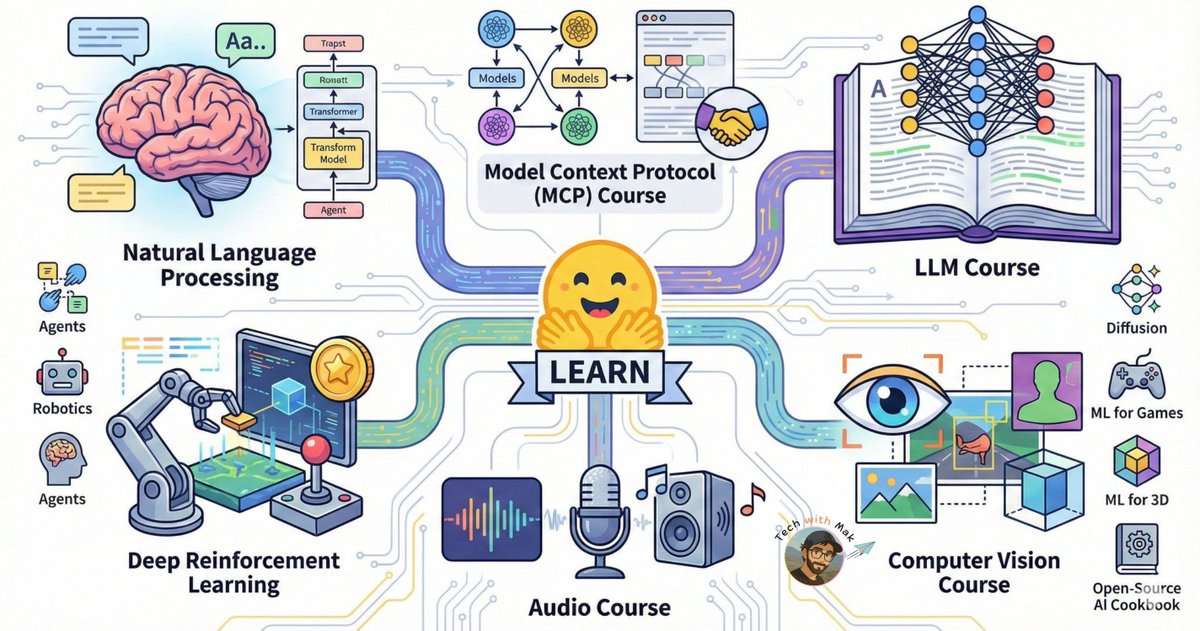
 LLM Course
LLM Course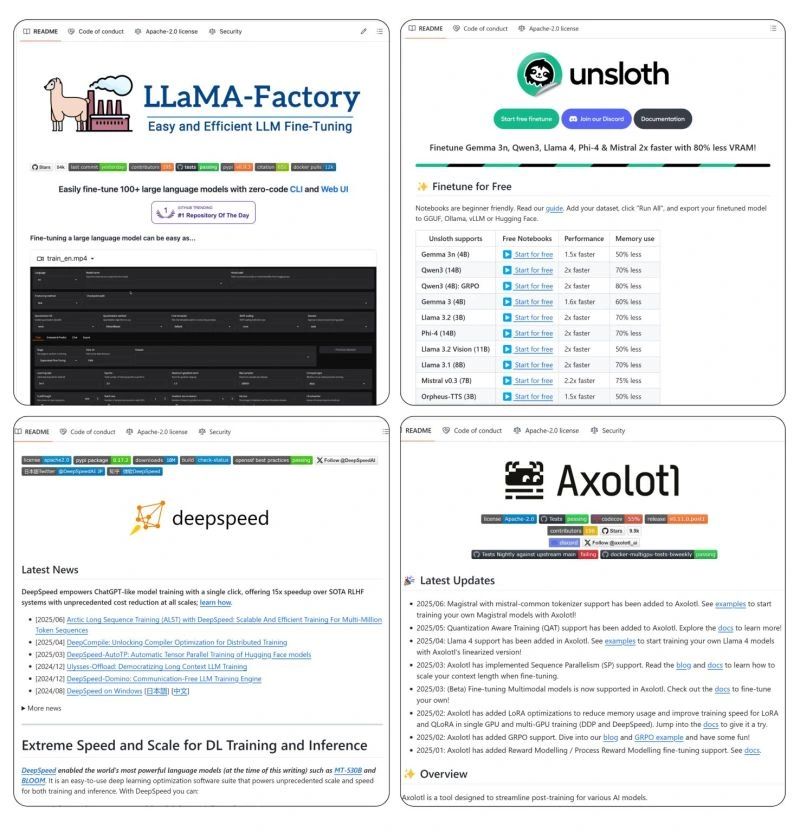
 1️⃣ Unsloth
1️⃣ Unsloth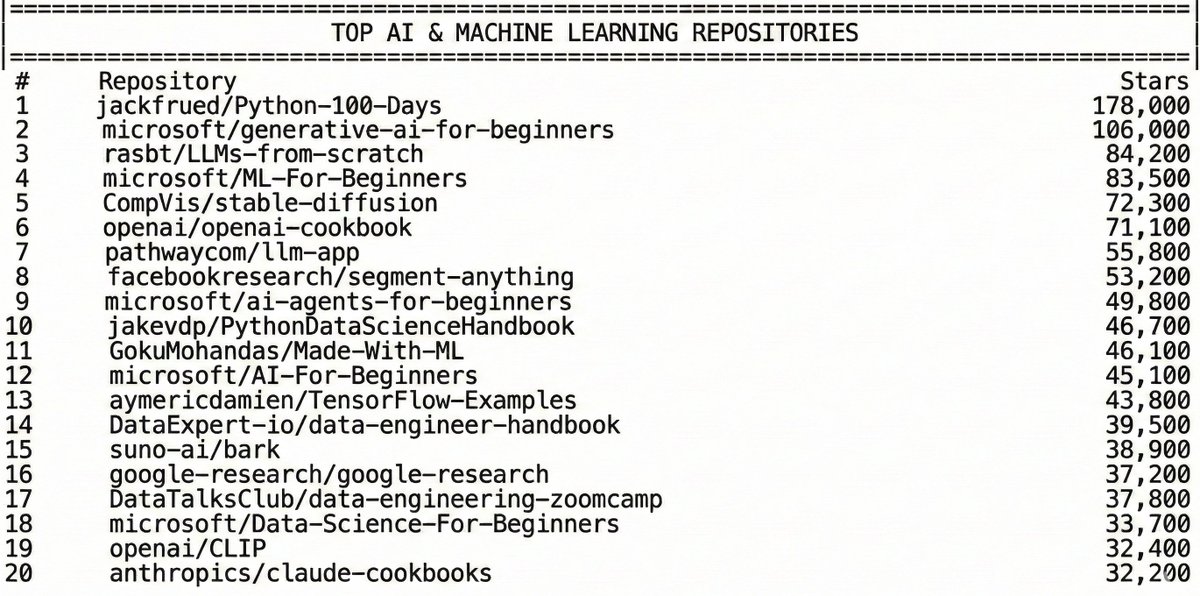
 Python-100-Days
Python-100-Days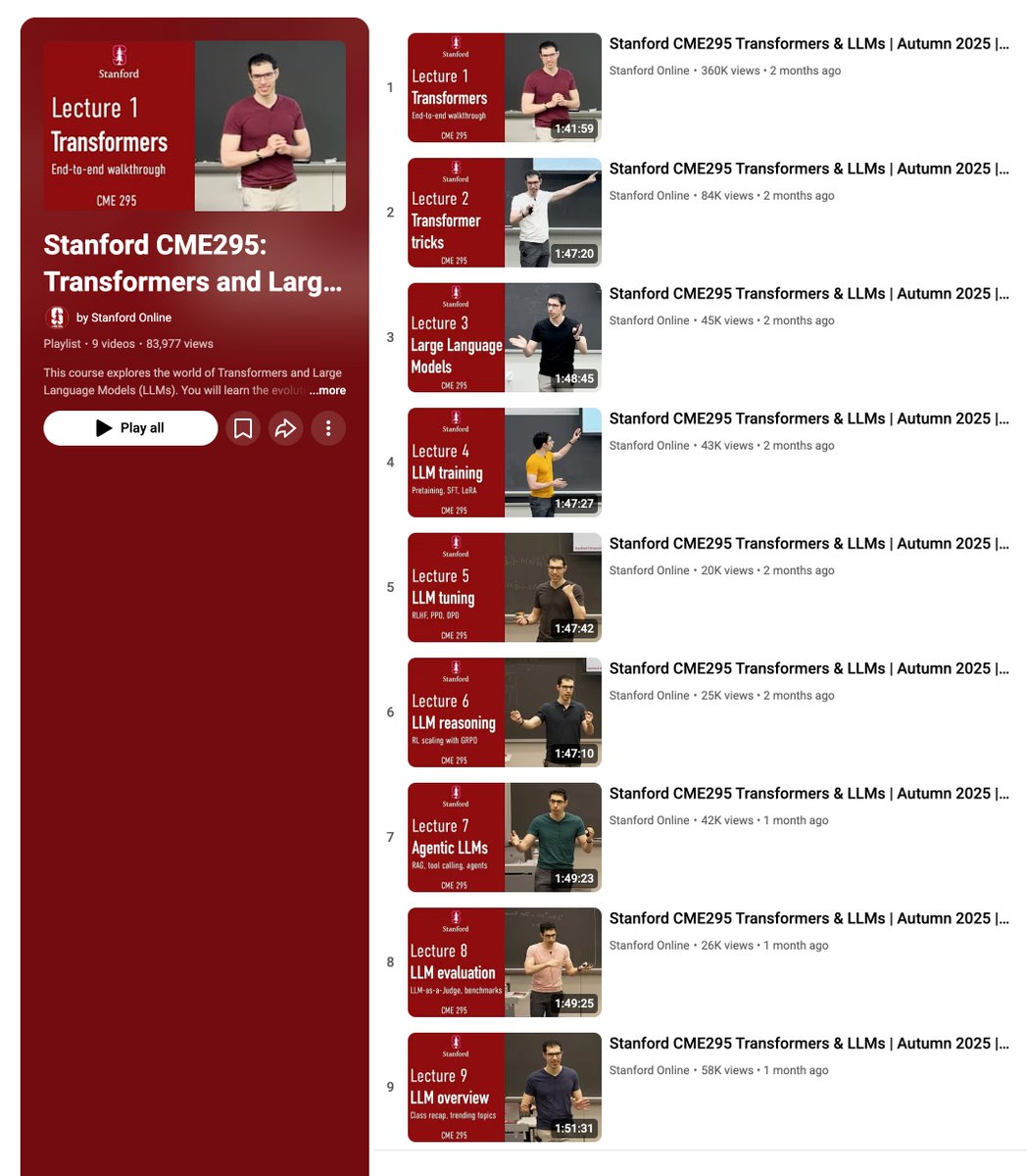
 Lecture 1: Transformer
Lecture 1: Transformer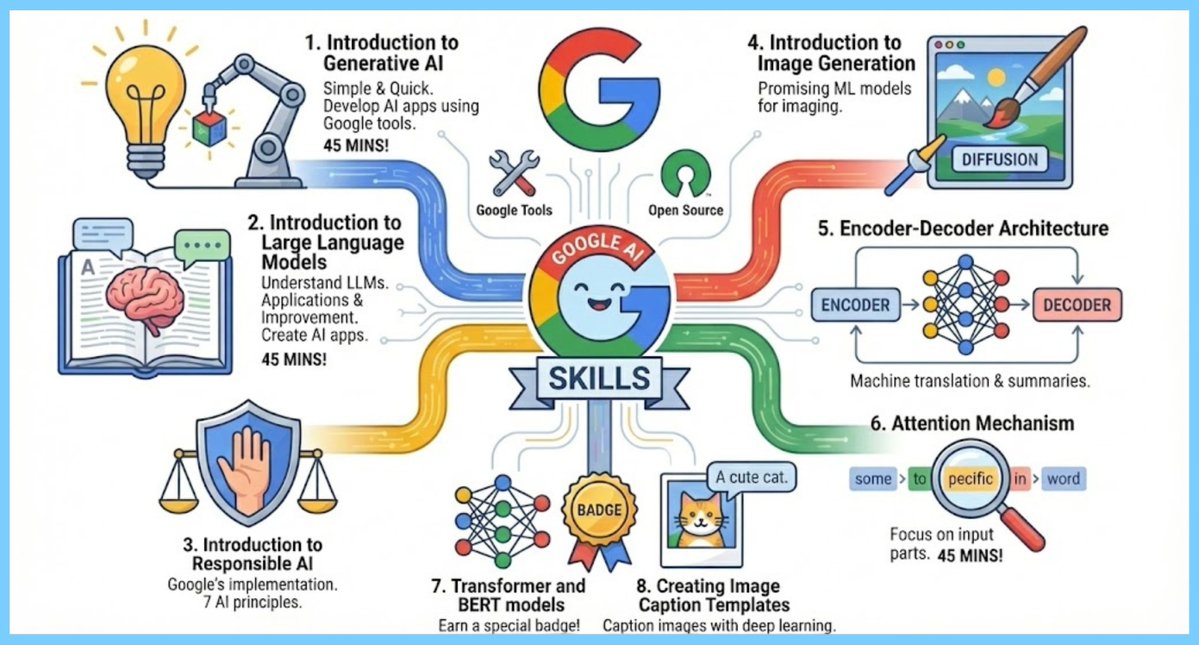
 ➡️ 1. Intro to Generative AI
➡️ 1. Intro to Generative AI
 LLM Course
LLM Course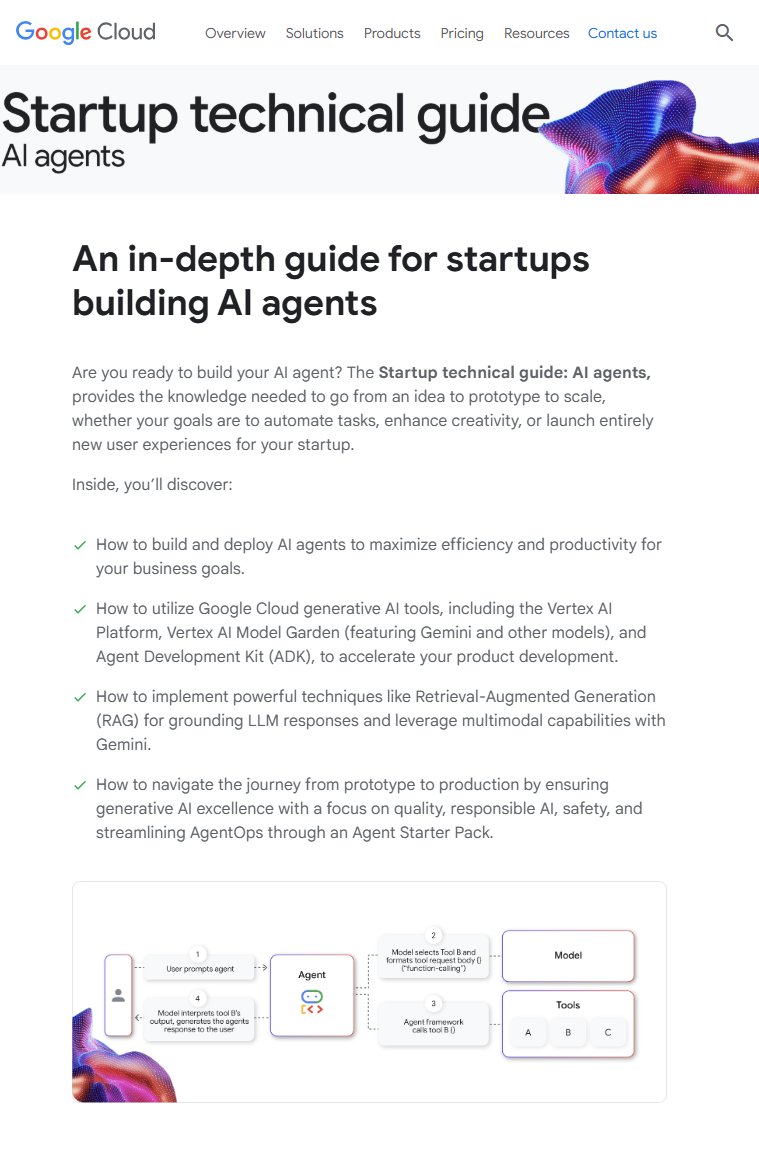



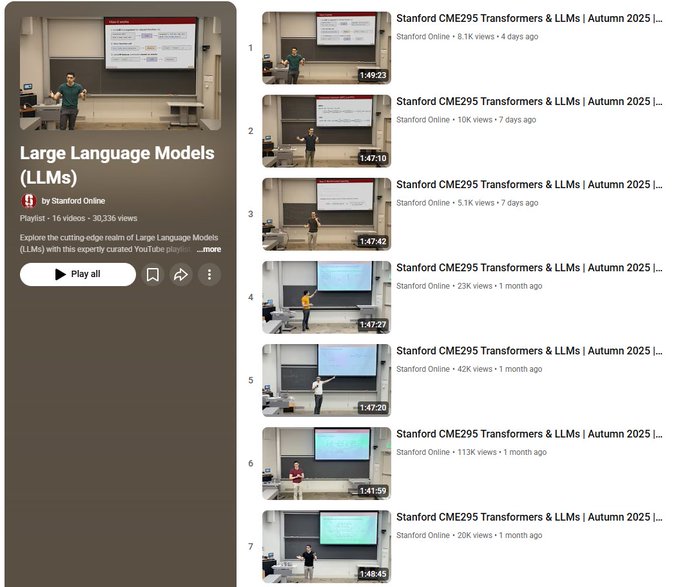
 Lecture 1: Transformer
Lecture 1: Transformer
 Two Phase Commit
Two Phase Commit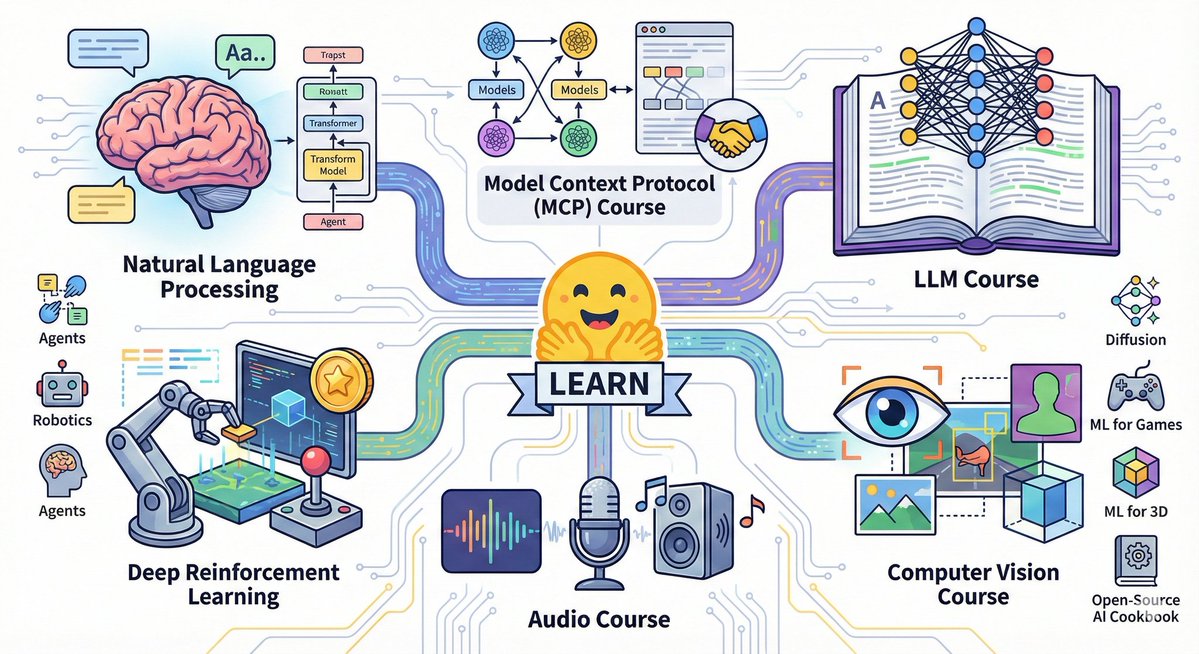
 LLM Course
LLM Course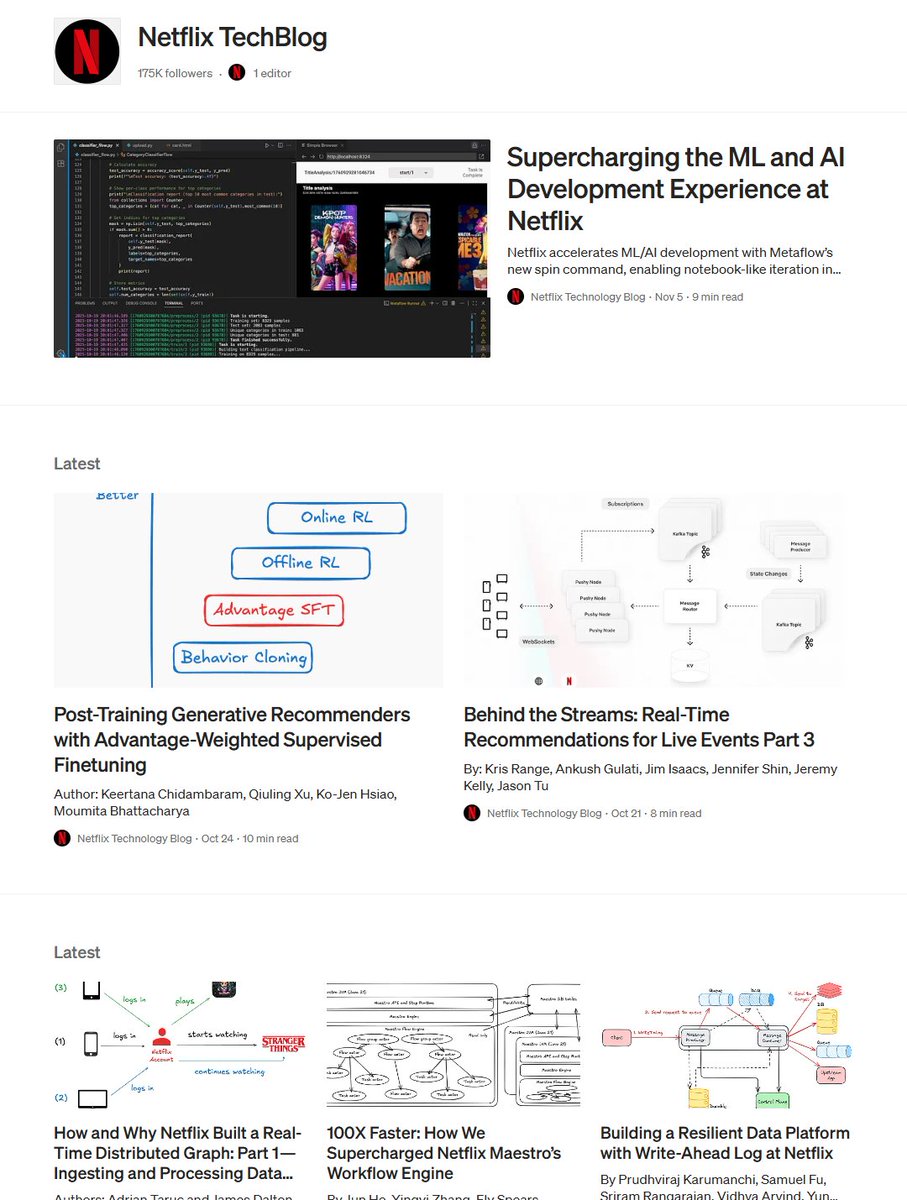

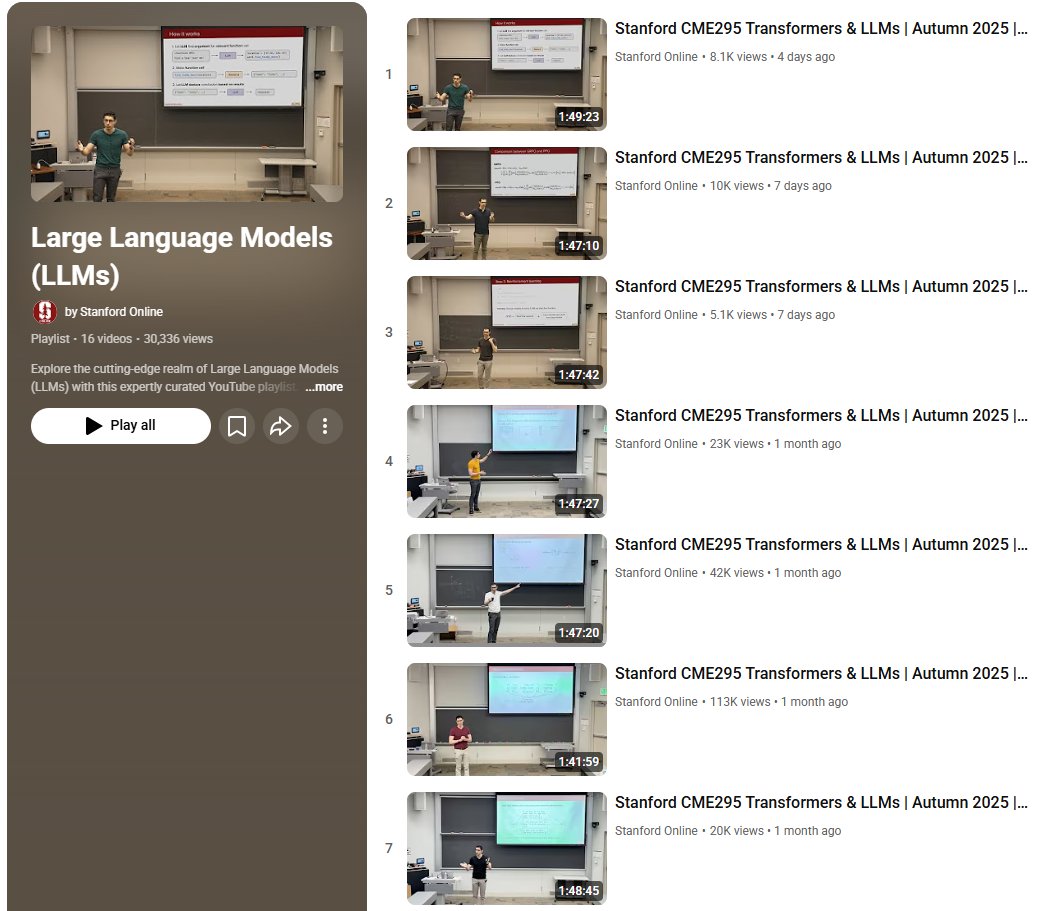
 Lecture 1: Transformer
Lecture 1: Transformer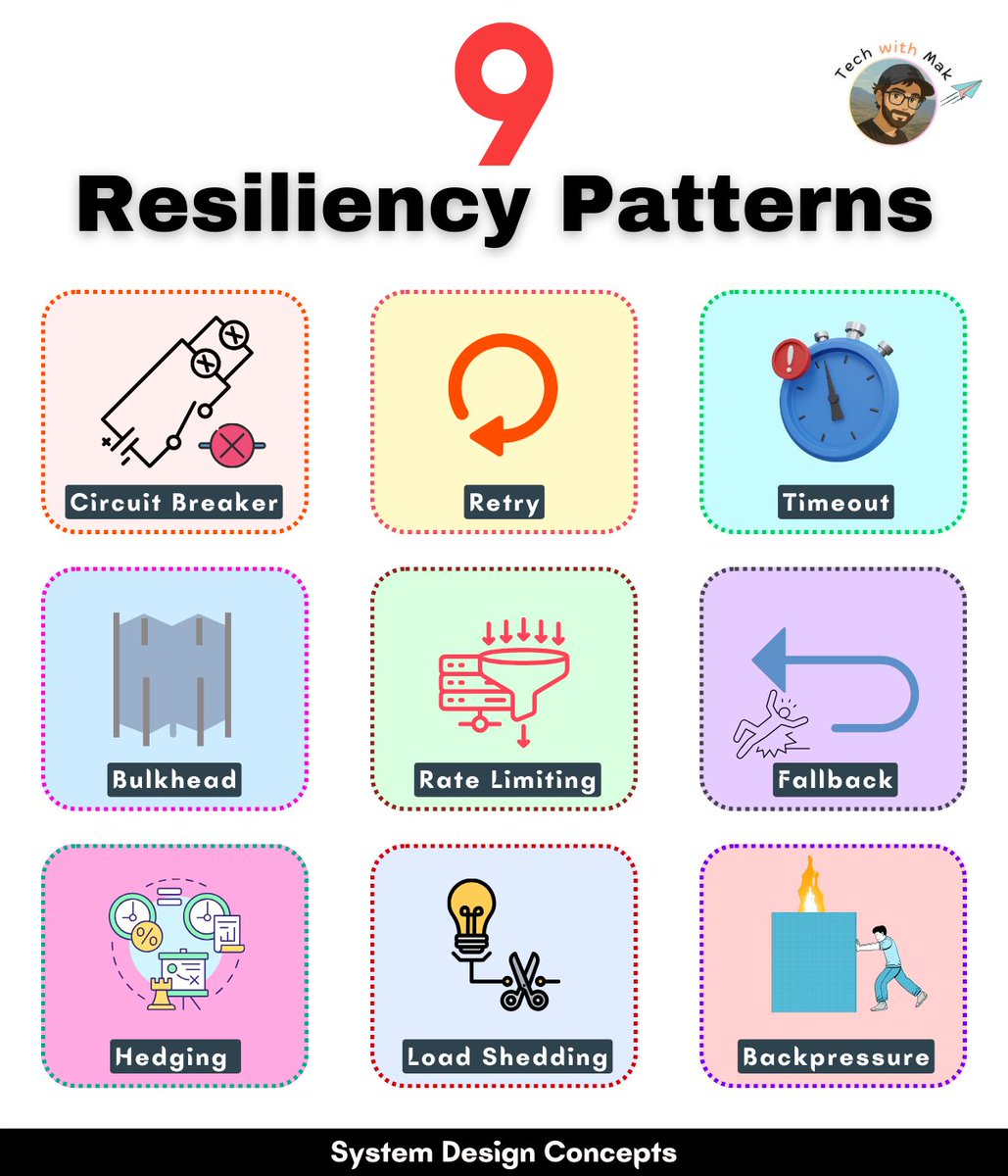
 [1.] Circuit Breaker
[1.] Circuit Breaker
 Are you preparing for a system design interview? 👇
Are you preparing for a system design interview? 👇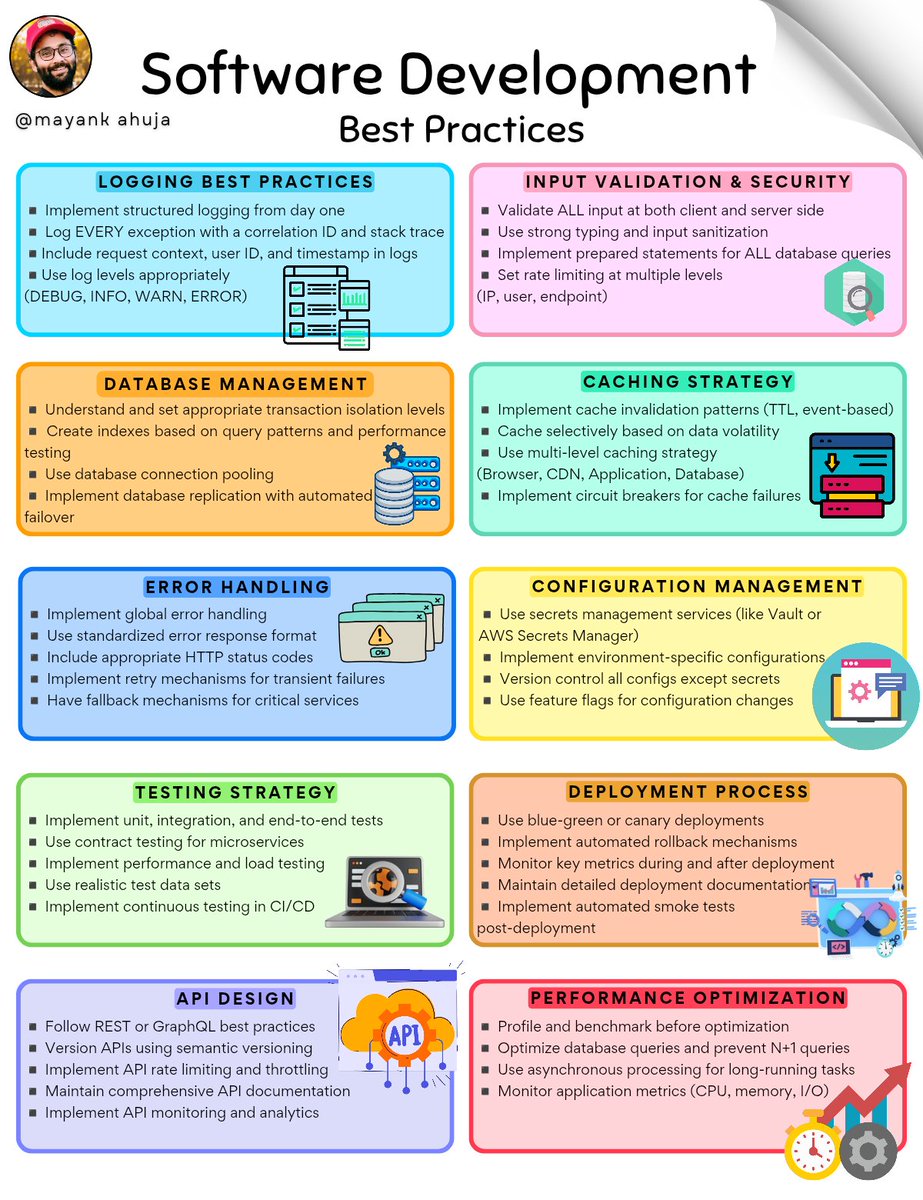
 1./ 𝐋𝐨𝐠𝐠𝐢𝐧𝐠 𝐢𝐬𝐧'𝐭 𝐨𝐩𝐭𝐢𝐨𝐧𝐚𝐥
1./ 𝐋𝐨𝐠𝐠𝐢𝐧𝐠 𝐢𝐬𝐧'𝐭 𝐨𝐩𝐭𝐢𝐨𝐧𝐚𝐥